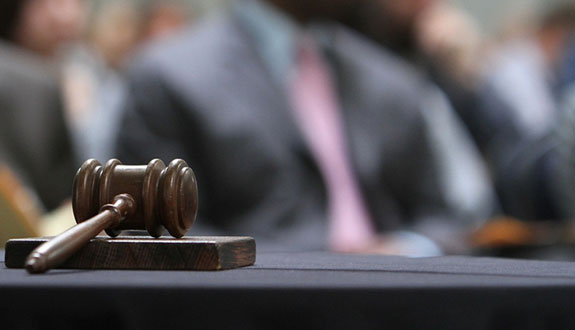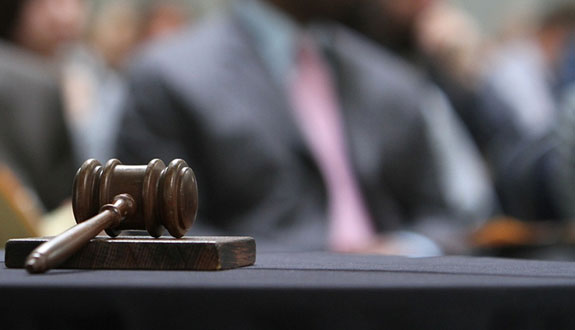This Dude Hates the LSAT So Much He Took LSAC to Court
- by
- Sep 26, 2018
- Admissions, LSAT
- Reviewed by: Matt Riley


If you’re preparing for or have taken the LSAT, I’m confident there were times during your studies that you resented the law school admissions process, LSAC, and everyone else involved that forced you to spend months of your life dedicated to another standardized test. For most of people, the resentment subsides — students resign themselves to the reality of the system, take the test, and move on.
Recently, however, one student decided not to succumb to the unfairness he perceived in the law school application process. He sued LSAC, the ABA ,Betsy DeVos, Harvard Law and Duke Law because he didn’t want to take the LSAT. Here’s the complaint in its entirety.
To briefly summarize, the plaintiff (i.e. the person who filed the complaint) alleges that LSAC withdrew his applications because he did not have an LSAT score on file. He argues that, in allowing their employees to deny him admission to law school, the defendants exceeded their jurisdiction. He further contends that defendant deprived him of his liberty and stole his transcripts and application fees. On the back of these allegations, plaintiff asserts nine causes of action, including failure to provide a republican form of government and false advertising, intentional infliction of emotional distress, bad faith, and negligence.
Plaintiff’s main complaint with the LSAT itself seems to be that “LSAT tests today are junk science and called ‘games'”. He repeats this accusation later, saying that he refused to take the LSAT “and its logic ‘games.’”
So, do these claims hold water?
As far as the complaint goes, I won’t opine too specifically on any of the enumerated counts. But, given that my day job currently involves reading countless complaints, many by individuals (like plaintiff) who are representing themselves, I can say with a fair amount of confidence that it appears to be a mix and match of legal terms without a tremendous amount of substance before them. Despite my natural inclination to side with anyone complaining about the law school admission process, it is difficult to see how this complaint will go forward.
As for the plaintiff’s issues with the LSAT itself, there’s a little bit more to what he’s saying. I’m not going to trash the LSAT (despite my hatred of logic games), but there is a lot of skepticism regarding its ability to predict a student’s success in law school or on the bar exam. However, it is unlikely that the GRE or any other admissions test is going to more accurately illuminate whether a student is prepared to be a lawyer, and there is nothing wrong with institutions using the LSAT as one piece of the puzzle in their admissions decisions.
Long story short, plaintiff is tilting at windmills. Maybe he should consider just applying for one of the schools that accepts the GRE … unless that too is “junk science” in his view.
Search the Blog

Free LSAT Practice Account
Sign up for a free Blueprint LSAT account and get access to a free trial of the Self-Paced Course and a free practice LSAT with a detailed score report, mind-blowing analytics, and explanatory videos.
Learn More
Popular Posts
-
logic games Game Over: LSAC Says Farewell to Logic Games
-
General LSAT Advice How to Get a 180 on the LSAT
-
Entertainment Revisiting Elle's LSAT Journey from Legally Blonde








